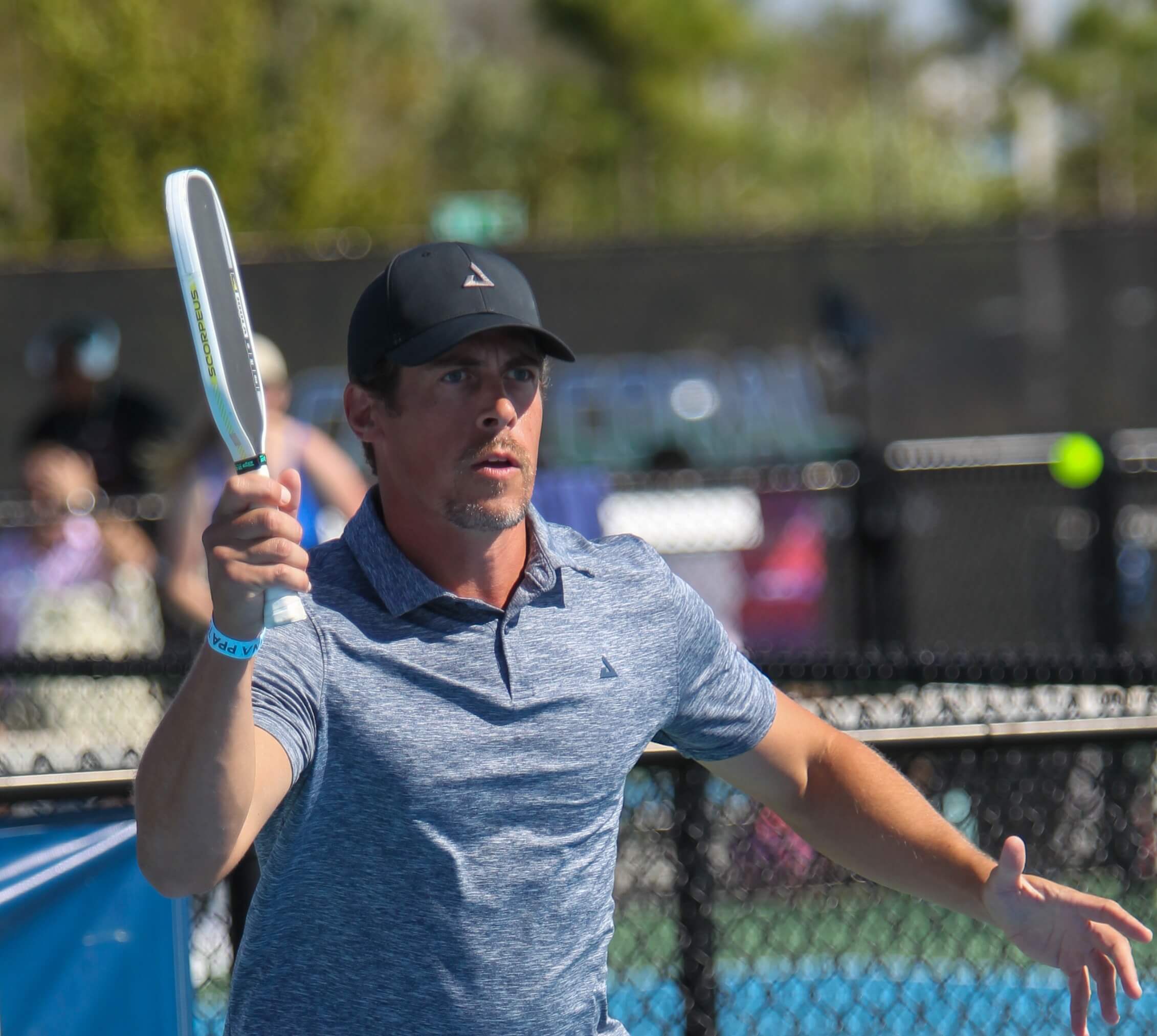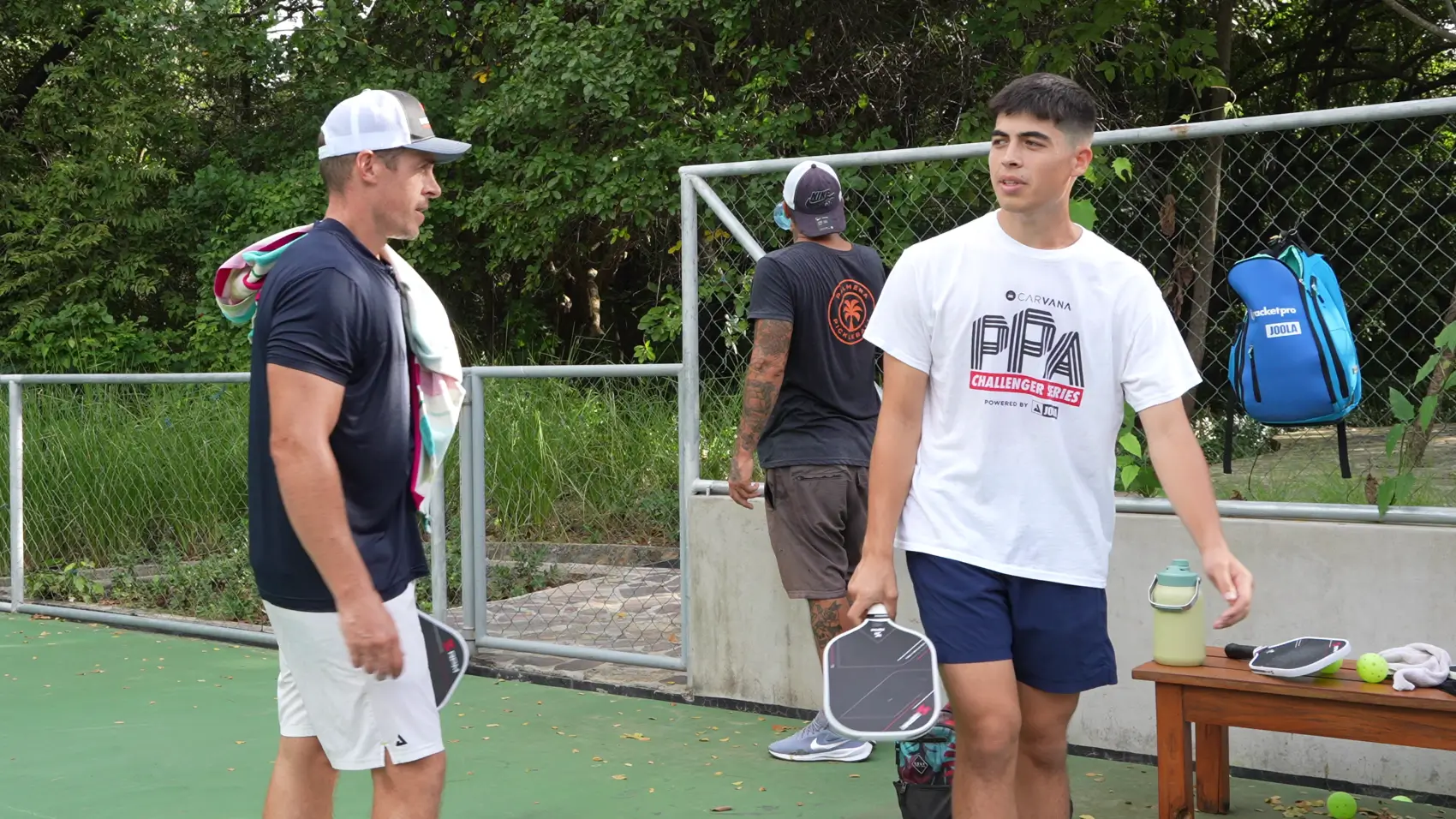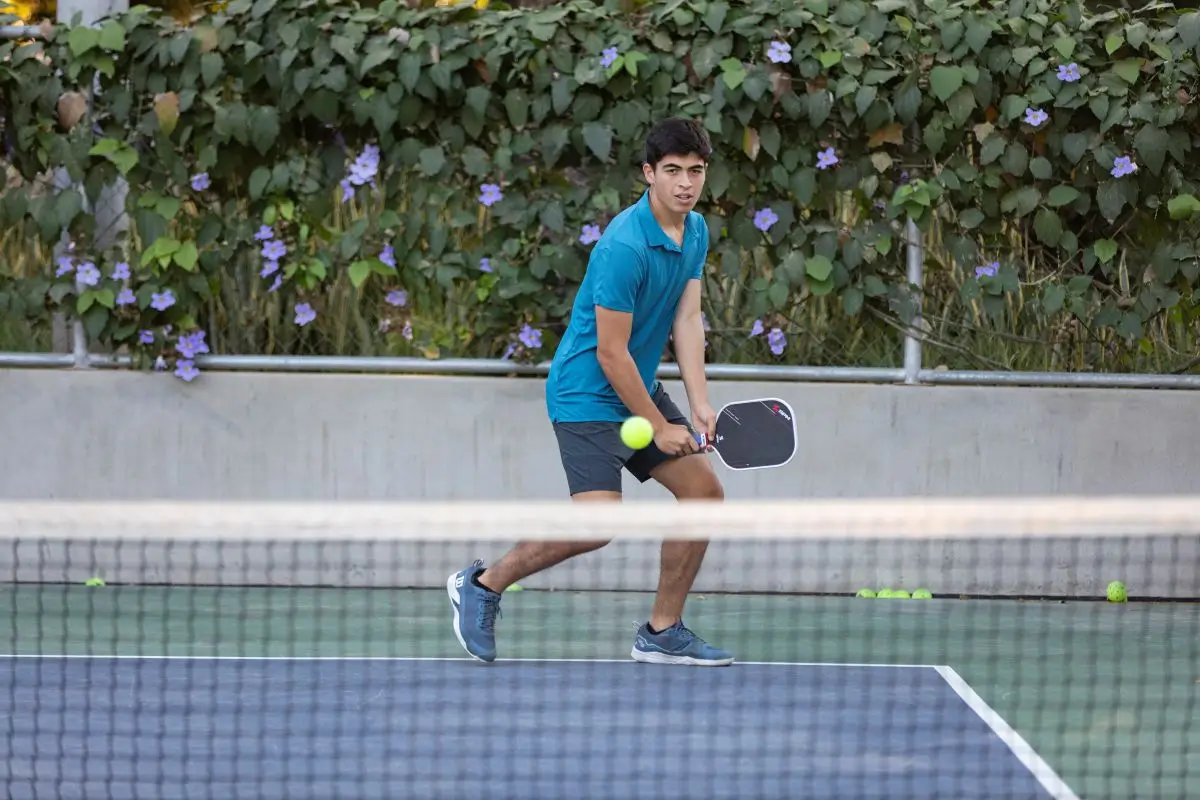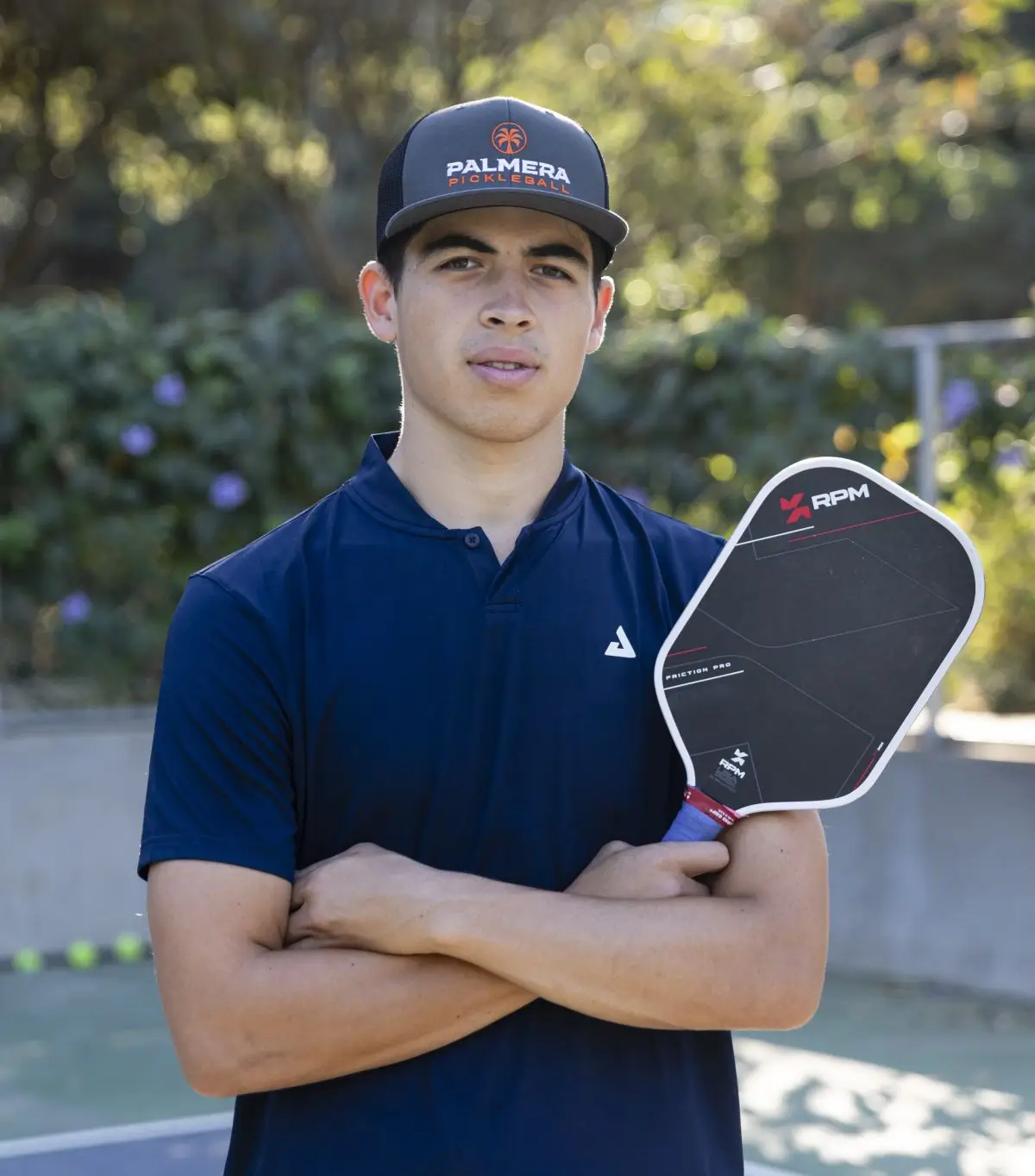Why Everyone Should Play Pickleball
Pickleball is the most accessible sport for all ages—benefiting kids, teens, adults, and seniors alike. From boosting brain development and emotional regulation to improving balance, reflexes, and grip strength, pickleball supports lifelong cognitive and physical health. It’s more than a game—it’s community, joy, and personal growth.

What other sport in the world allows a 3-year-old to hit a clean forehand and a 95-year-old to hold a Guinness World Record for competition?
Pickleball is the great human equalizer. It transcends generations, bends time, and turns back decay. It is the sport of neurogenesis, laughter, community, and rebirth.
Take Anna Leigh Waters. She went pro at 12. At that age, most kids are figuring out algebra. She was reading spin, smashing winners, and owning the podium.
Now meet Joyce Jones. At 95, she became the oldest competitive pickleball player in the world. She didn’t just play—she competed. And smiled doing it.
This isn’t just trivia. It’s proof: pickleball is the most accessible, neurologically potent, socially healing sport on earth.
Let’s talk brains. Kids who play paddle sports show superior hand-eye coordination. That leads to better reading, writing, and even math scores. Why? Because hitting a moving ball trains your brain to make faster, more accurate predictions—skills that transfer directly into cognitive performance. Development that, scientifically, pays dividends in all sorts of ways through one's life.
Teenagers? They learn emotional control. When a shot doesn’t go their way, they have to reset—breathe, recalibrate, and try again. Pickleball becomes training for life: discipline in the face of chaos.
Adults? It’s the most fun way to not lose your edge. The lateral movement, paddle control, and real-time strategy light up parts of your brain that cardio alone can’t touch. You’re not just burning calories—you’re building cognitive armor.
And for older adults? Pickleball preserves motor skills, balance, reflexes, and grip strength. This matters. Weak grip is one of the top predictors of mortality. Falls, loss of independence, and nervous system degradation aren’t just fate—they’re preventable. Pickleball is your insurance policy.
But maybe the greatest power of the game is spiritual. It invites you into play. It opens you to others. You can’t play without community. It’s not lonely reps at a gym or the isolation of a treadmill. It’s eye contact. It’s laughter. It’s mistakes. It’s humility. And that—surprisingly—is where self-mastery begins.
Because on a court no bigger than your living room, you meet yourself. Your patience. Your habits. Your inner critic. Your joy.
And somehow, with a $100 paddle and a plastic ball, you start becoming the kind of person who adapts, who connects, who grows.
That’s why I believe everyone—yes, everyone—should play pickleball.
From two to ninety-five, it’s never too early or too late to begin.






